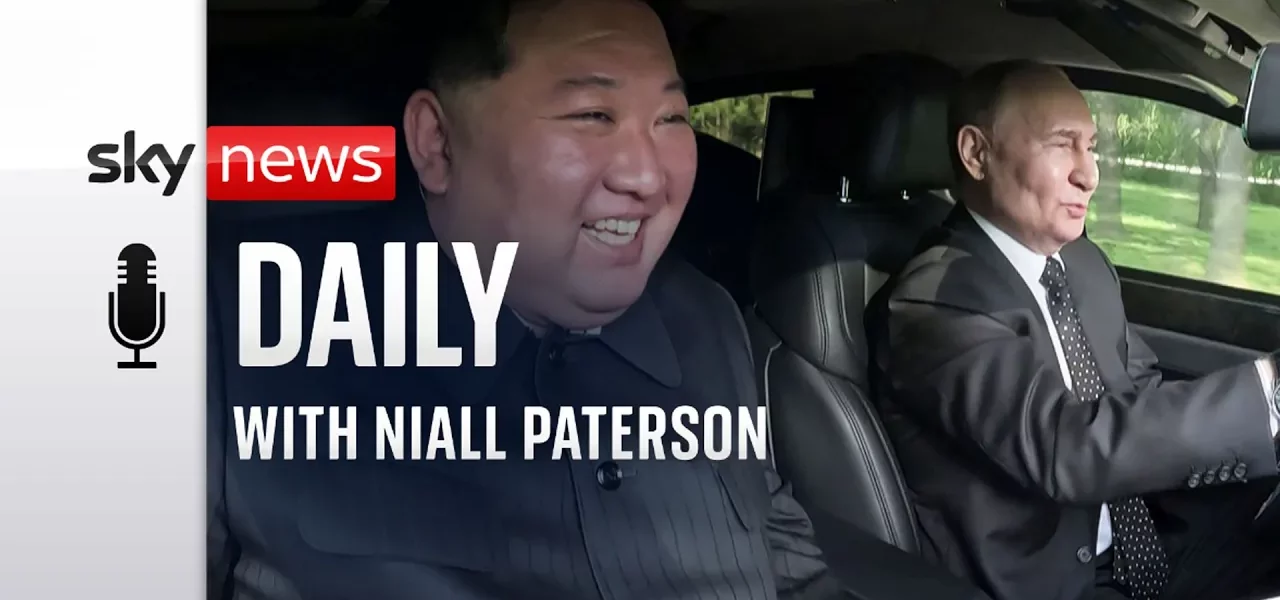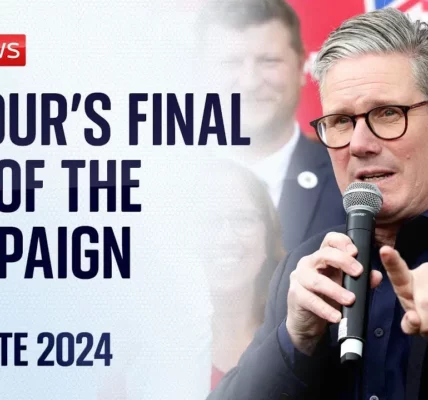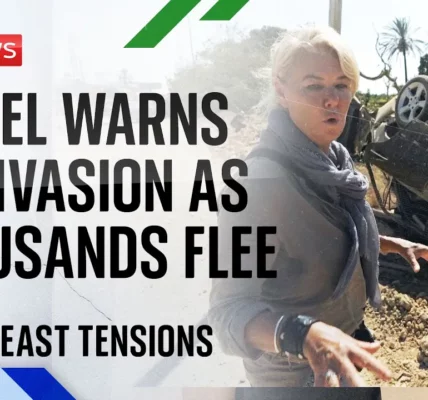Vladimir Putin and Kim Jong-un: A Meeting of Strategic Interests

This article delves into the significant recent meeting between Russian President Vladimir Putin and North Korean leader Kim Jong-un, highlighting the implications for international relations, military cooperation, and regional security dynamics in Southeast Asia.
Introduction
The unexpected meeting between Vladimir Putin and Kim Jong-un marks a pivotal moment in contemporary geopolitics. As the first visit by a Russian president to North Korea in over two decades, this encounter raises crucial questions about the evolving relationship between these two nations. Amidst ongoing conflicts and shifting alliances, the implications of this meeting extend beyond mere diplomatic pleasantries, hinting at deeper strategic interests and military cooperation that could reshape power dynamics in the region.
The Historical Context of Russo-North Korean Relations
The relationship between Russia and North Korea has been historically complex, influenced by ideological alignments and geopolitical strategies. Following the collapse of the Soviet Union, ties weakened significantly. However, recent global tensions have rekindled their collaboration, emphasizing mutual benefits in the face of Western sanctions and military pressures.
Key Historical Milestones
- Cold War Alliances: During the Cold War, North Korea was a staunch ally of the Soviet Union, receiving military and economic support.
- Post-Soviet Isolation: After the collapse of the USSR, North Korea experienced significant isolation, leading to strained relations with Russia.
- Recent Developments: The resurgence of collaboration can be traced back to global geopolitical shifts, particularly with the rise of tensions between Russia and the West.
The Significance of the Recent Meeting
Putin’s visit to North Korea and the warm reception by Kim Jong-un signals a new chapter in their bilateral relations, characterized by increased cooperation and mutual support, particularly in military and economic domains.
Military Cooperation and Supply Chains
One of the most alarming aspects of this meeting is the potential for military cooperation between the two nations. As the conflict in Ukraine continues, North Korea has reportedly been supplying arms and munitions to Russia.
- Artillery Supplies: Intelligence reports suggest that North Korea has sent approximately 11,000 containers of artillery shells to Russia.
- Ballistic Missile Development: Future collaborations may also involve technological exchanges that could enhance North Korea’s missile capabilities.
Strategic Partnerships and Mutual Defense Agreements
At the heart of this meeting was the signing of a mutual defense agreement, which could have significant ramifications for regional security.
- Definition of Aggression: The agreement stipulates that an attack on either nation will be met with a defensive response from the other.
- Regional Implications: The agreement poses substantial concerns for South Korea and the United States, particularly regarding North Korea’s military aspirations.
- Potential for Escalation: Increased military cooperation could lead to heightened tensions in the Korean Peninsula and beyond.
The Reaction from the International Community
The meeting between Putin and Kim has raised alarms across the globe, particularly among Western nations and their allies in Asia.
Concerns from the United States and Allies
Western analysts have expressed fear that this renewed partnership could embolden North Korea and destabilize the region further.
- South Korea’s Response: South Korea has observed the developments with concern, considering the implications for its national security.
- China’s Position: While traditionally an ally of North Korea, China is wary of Russia’s growing influence in the region.
- Regional Alliances: Countries such as Japan and Australia are likely to reassess their defense strategies in light of this evolving dynamic.
Global Reactions
The global reaction has been mixed, with some nations viewing the partnership as a necessary counterbalance to Western hegemony.
- Support from Non-Western Nations: Several countries in the Global South may view this alliance as a challenge to Western dominance.
- Humanitarian Concerns: There are fears that increased military collaboration could exacerbate humanitarian crises, particularly in Ukraine.
Conclusion
The meeting between Vladimir Putin and Kim Jong-un is a clear indication of the shifting geopolitical landscape. As these two nations forge closer ties, the implications for global security are profound. The potential for enhanced military cooperation raises significant concerns for the West, particularly in light of ongoing tensions in Ukraine and the Korean Peninsula. As we watch these developments unfold, it is crucial for nations to engage in dialogue and diplomacy to mitigate the risks associated with such alliances. For further insights into international relations and regional security dynamics, explore our related articles on geopolitics and military cooperation.
“`




